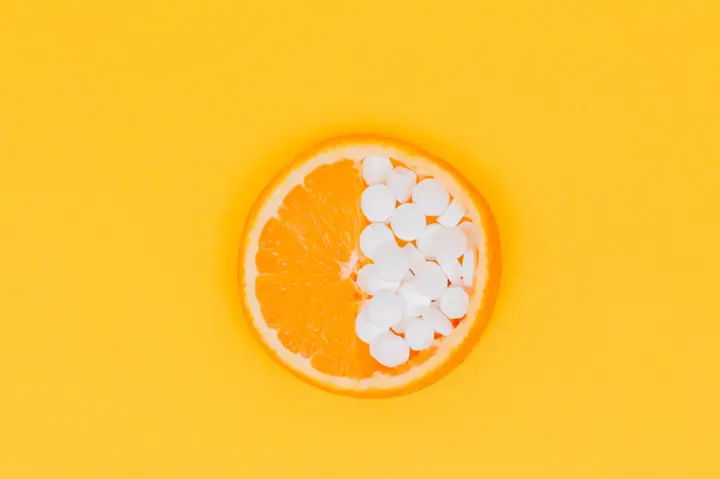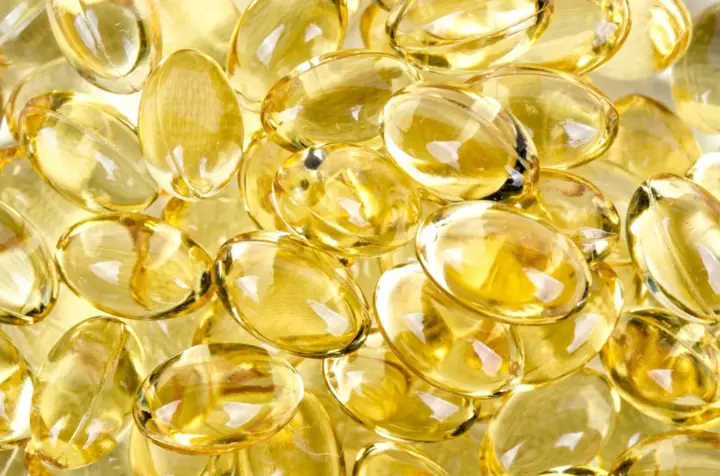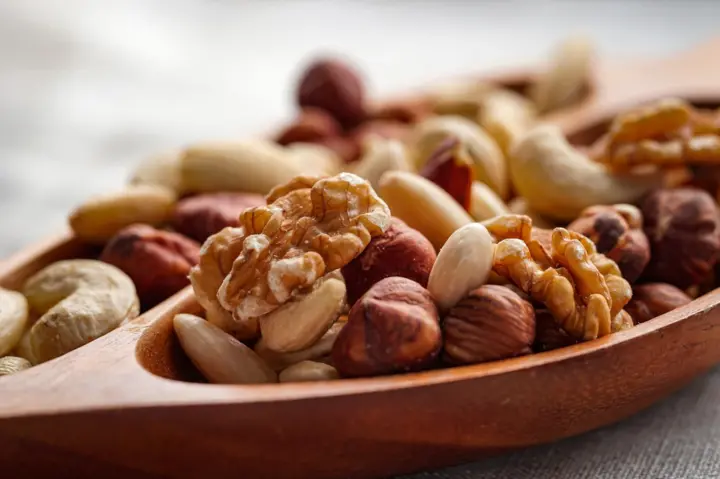6 vitamins: their importance for the health of your body and their various sources
Vitamins are organic compounds that your body needs to carry out various vital processes properly at different age stages. Vitamins play an essential role in your body's production of enzymes, hormones, and other substances that the body needs to grow. Thus, vitamin deficiencies in your body lead to many damages such as loss of appetite, irritability, depression, osteoporosis and swollen joints. Vitamin deficiencies also result in slow wound healing, hair loss, nail problems such as brittleness, deformation, and other adverse effects on the health of the body.
Show key points
- Vitamins are essential organic compounds that support vital body functions such as hormone production, enzyme activity, and overall growth at different life stages.
- A deficiency in key vitamins can lead to serious health issues including osteoporosis, depression, fatigue, hair loss, and weakened immunity.
- Vitamins are categorized into fat-soluble and water-soluble types, with water-soluble ones needing daily intake as they are excreted by the body.
- ADVERTISEMENT
- Natural vitamin sources include a variety of foods like fish, fruits, vegetables, whole grains, and animal products.
- The article emphasizes six crucial vitamins—C, B, A, D, E, and K—detailing their roles, sources, daily requirements, and deficiency symptoms.
- Maintaining a balanced, nutrient-rich diet is key to meeting vitamin needs and protecting against various diseases.
- For any symptoms of vitamin deficiency, consulting a healthcare specialist is strongly recommended.
There are 13 different types of vitamins, 4 of which are fat-soluble and 9 are water-soluble. Water-soluble vitamins do not stay in the body for a long time and the body gets rid of excess of them through urine, so they must be obtained daily. Fat-soluble vitamins need fat in food so that the intestines can absorb it and stay in the body for longer. Fish, vegetables, fruits and whole grains are considered natural sources of vitamins in the human body. In order to know the importance of vitamins for your body, you must know their different types, benefits, and sources from which you can get those vitamins and enjoy good health. This article takes you to learn about 6 vitamins that are important for your body and how you can get them.
Recommend
Remember that getting a healthy and balanced diet with all the nutrients required for your body gives you enough of your needs of vitamins and other elements necessary for your body to carry out its vital functions and protect you from many diseases. We advise you to seek a specialist in case of any symptoms mentioned in the article.
1- Vitamin C

It is considered one of the water-soluble vitamins, so your body needs to get it on a daily basis. It has antioxidant properties and thus, protects your body from infections. Vitamin C protects your body's cells from damage, helps produce collagen, and contributes to wound healing. It also supports healthy skin and bones and strengthens immunity. Therefore, it is common to focus on eating foods rich in it during the winter to protect against colds and respiratory and ear infections.
You can get vitamin C by eating citrus fruits such as oranges, lemons and guavas. Broccoli and cauliflower are also rich vegetables in vitamin C. Your body needs 45 mg of vitamin C per day. Vitamin C deficiency exposes you to many problems such as gingivitis, general weakness, fatigue and pain in the hands and feet, and other health problems.
2- B vitamins

It is a group of vitamins that go into the process of energy production in your body and metabolic processes. It also has a role in nerve and brain function and plays a role in strengthening muscles, promoting heart health and the formation of red blood cells as well.
B vitamins include B1, B2, B3, B5, B6, B7, B9 and B12. We will explain vitamin B6. Vitamin B6 synthesizes neurotransmitters in your body and is involved in the formation of white and red blood cells and is one of the vitamins that help produce energy in your body.
You can get B vitamins by eating eggs, milk, cheese, red meat, chicken, fish, spinach, avocado, potatoes, citrus fruits, whole grains, some legumes such as beans, as well as nuts and seeds. B vitamin deficiency predisposes you to limb neuropathy, anemia, infection, dermatitis, as well as digestive problems.
3-Vitamin A
Vitamin A is a fat-soluble vitamin. Vitamin A helps maintain eye and vision health and strengthens the immune system, bones and skin. You can get vitamin A from animal sources such as liver, cod liver oil, beef, and dairy products as well. Plant sources of vitamin A are carrots, spinach and sweet potatoes. Women need 700 mg per day of vitamin A while men need 900 mg per day. Vitamin A deficiency exposes you to night blindness, poor night vision, and in some cases complete loss of vision if not treated.
4- Vitamin D

It is called the sunshine vitamin, as your body synthesizes it when exposed to sunlight, and it is one of the vitamins necessary for the health of your bones as well as the health of muscles and teeth, and it is responsible for the levels of calcium and phosphorus in the blood, along with sunlight, you can get vitamin D by eating liver, fatty fish and egg yolk. Vitamin D deficiency leads to osteoporosis and easy fractures.
5-Vitamin E

Vitamin E is an antioxidant that protects your body's cells from damage and boosts immunity. It also maintains the health of red blood cells and protects against blood clots. Your body needs 15 mg per day of vitamin E, which you can get by eating wheat germ oil, sunflower seeds, almonds, spinach and mangoes. Vitamin E deficiency exposes you to vision problems, immunodeficiency, and muscle and nerve damage.
6-Vitamin "K"

Vitamin K is essential to protect your body from bleeding, as it is included in the factors that contribute to blood loss, reduce the risk of various heart diseases, maintain bone health and protect them from fragility. Your body makes vitamin K from the good bacteria in your body. Vitamin K deficiency puts you at risk of bleeding from the nose or wounds and may cause bruising and in the long run vitamin K deficiency can cause a decrease in bone density in your body.








